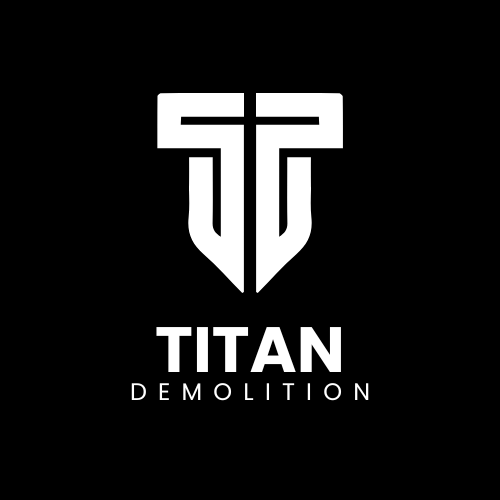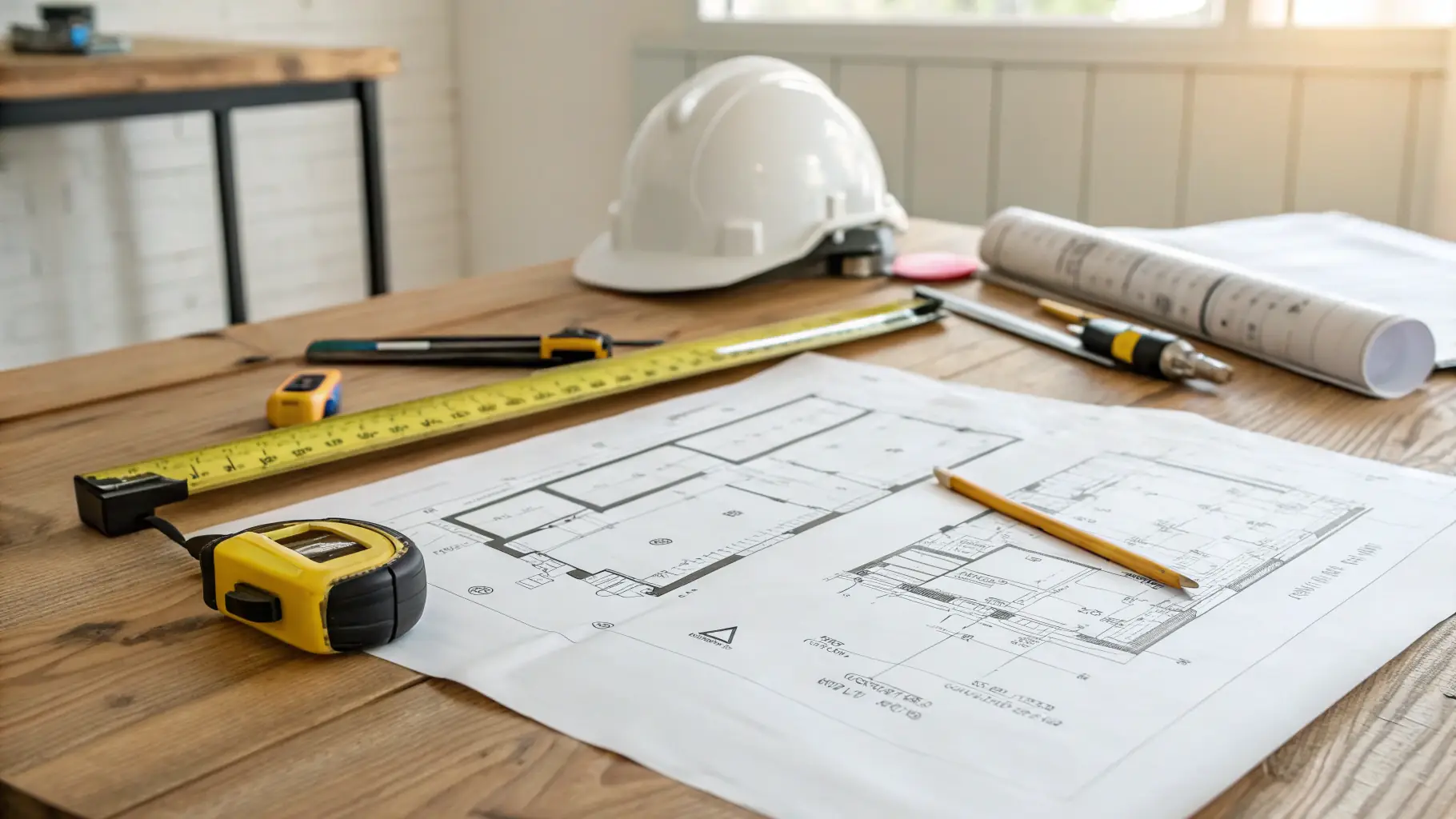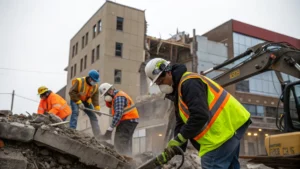Proper planning is the foundation of any successful demolition project. A comprehensive demolition plan should outline all steps involved, from site assessment to debris removal. Detailed site surveys are essential to identify potential challenges and develop appropriate strategies. Thorough risk assessments are crucial to anticipate and mitigate potential hazards. The demolition plan should include detailed timelines and schedules for each stage of the project. Clear communication channels between all stakeholders, including clients, contractors, and regulatory bodies, are essential. Detailed documentation of the demolition process is crucial for tracking progress and ensuring accountability. Accurate cost estimations are vital for project budgeting and financial planning. Obtaining necessary permits and approvals from local authorities is a critical step in the planning process. This ensures compliance with regulations and avoids potential delays or penalties. Developing contingency plans for unforeseen circumstances is essential to maintain project control and minimize disruptions. Regular progress monitoring and reporting are crucial for keeping stakeholders informed and ensuring the project stays on track.
Demolition Project Planning: A Step-by-Step Guide
Effective planning is crucial for successful demolition projects, ensuring safety, efficiency, and adherence to regulations.



